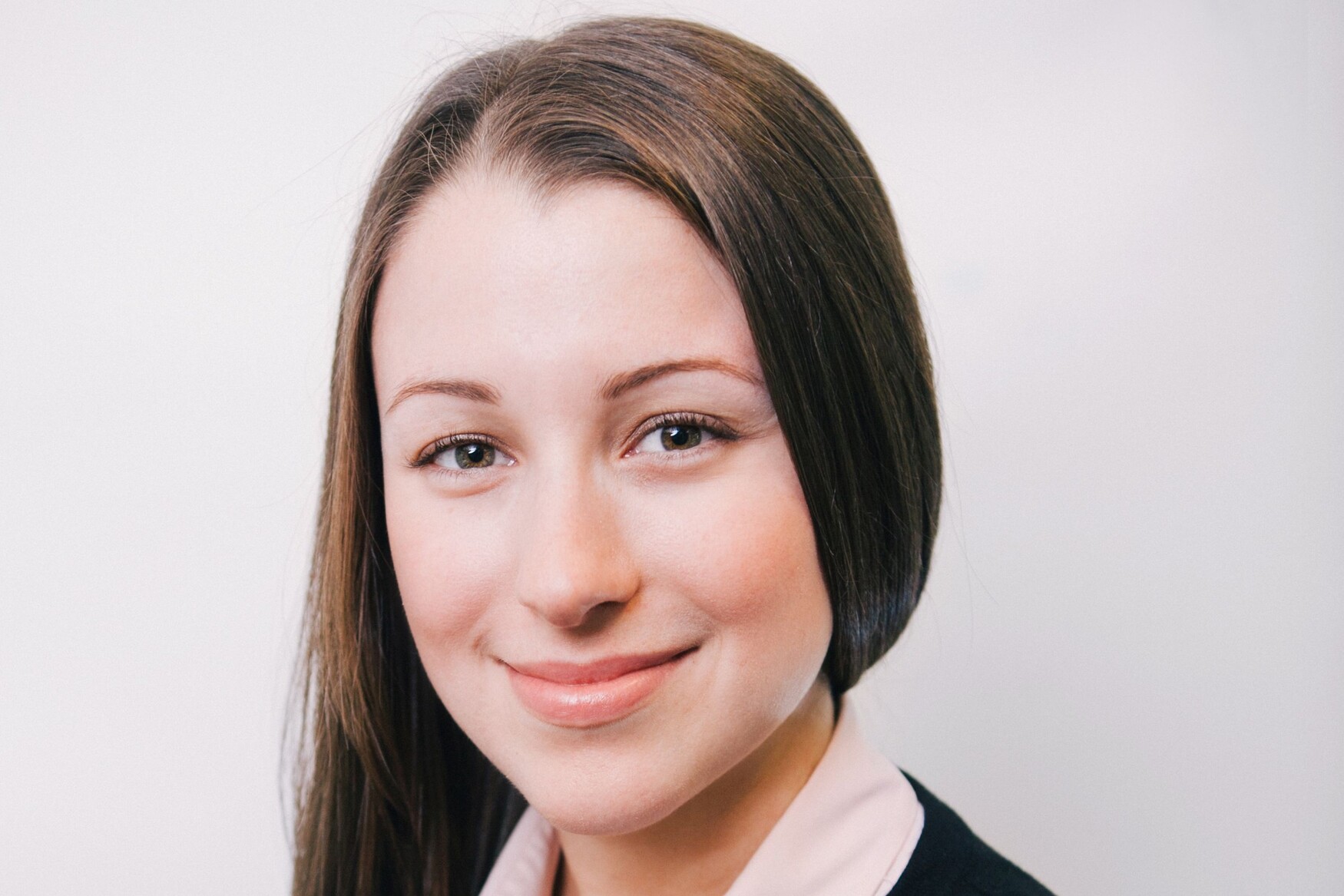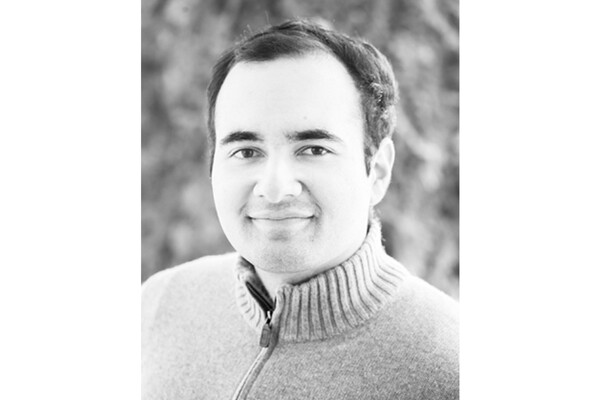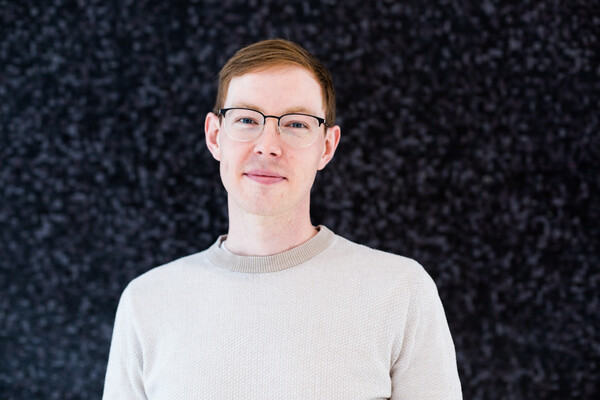Breadcrumbs
- Home
- MD/PhD Program
- News
- Faces of U of T Medicine: MD/PhD student Natasha Lane
Faces of U of T Medicine: MD/PhD student Natasha Lane

Tabitha Chan
 As our population ages, ensuring our health care system is structured in a way that supports older adults sustainably is a key priority. MD/PhD student Natasha Lane explored this topic through her four-year PhD program with a focus in Heath Services Research at the Institute of Health Policy, Management and Evaluation. Lane is currently in her second year of the MD Program and she shares with writer Tabitha Chan what a few key moments have been so far, as well as discussing her growing interest in gerontology.
As our population ages, ensuring our health care system is structured in a way that supports older adults sustainably is a key priority. MD/PhD student Natasha Lane explored this topic through her four-year PhD program with a focus in Heath Services Research at the Institute of Health Policy, Management and Evaluation. Lane is currently in her second year of the MD Program and she shares with writer Tabitha Chan what a few key moments have been so far, as well as discussing her growing interest in gerontology.
Year of study in MD Program: Second year MD Program (6th Year MD/PhD)
Current Position: Second Year Medical Student & Research Collaborator with the Health System Performance Research Network
What was the focus of your PhD?
My PhD was focused on teasing apart why residents of long-term care homes experience rapid drops in their physical functioning. I wanted to know whether residents in long-term care were losing function because of something intrinsic to them – like the type of illness they had – or something extrinsic, like the kind of care they were getting. I also researched the best and most cost-effective ways to help older adults transition home safely after a hospitalization.
Like most people, I have older family members and loved ones whose health care hasn’t always been structured in a way that made sense for them. My interest in Gerontology and Health Services Research arose from my sense that the structure and organization of health care is as important for determining older adults’ health as the medications and clinical interventions they receive.
How does it feel to be back in the MD Program after completing your PhD?
It’s exhilarating! Medicine and PhD are such different programs. It’s challenging but also fun to change gears and meet 250-some enthusiastic new classmates.
What is one of the most valuable lessons you have learned during your time at U of T?
That asking for help isn’t a sign of weakness. Whether it’s asking a classmate to explain something you don’t understand or asking a superstar scientist to mentor you. No one wants to see you flounder. Ask for help.
What is an obstacle you've had to overcome?
I’m impatient by nature and research requires a lot of patience.
What do you hope to accomplish after graduation?
My goal after residency and fellowship is to work as a Clinician Scientist and run an innovative Health Service Research program. I would also like to become the kind of physician that colleagues would send their parents too.
What's been your favourite part so far about the MD/PhD Program?
The relationships I have with my classmates are my favourite part of the MD/PhD program. There are more than 60 of us spread over eight years of Medicine and PhD, but we’re pretty close-knit with many friendships and strong mentorship happening across the generations. Everybody is engaged in different types of science and we are so passionate about it. It’s a huge boost to be surrounded by people who love science and medicine that much and are willing to work so hard to do it well.
What's your passion?
I get absorbed and happily lose track of time when I’m doing research and studying Medicine. I’m also passionate about long distance running and yoga, which provide a nice mental antidote to the hubbub of MD/PhD life.
How do you maintain a healthy work/study life balance?
I know the hierarchy of what matters most to me in life, and I make decisions that protect my time for the people and work at the top of that hierarchy. Whenever I feel flustered or that there’s not enough time, I self-reflect and try to figure what’s getting too much of my time or what I’m not putting enough energy into. I think that part of a healthy balance is recognizing that the things that you value most will change over time, and that’s ok. I used to study at school late into the evenings but now I get up super early so I can study before school and walk the dogs with my husband in the evening. Life as an MD/PhD student is, for the most part, wonderful.
News


